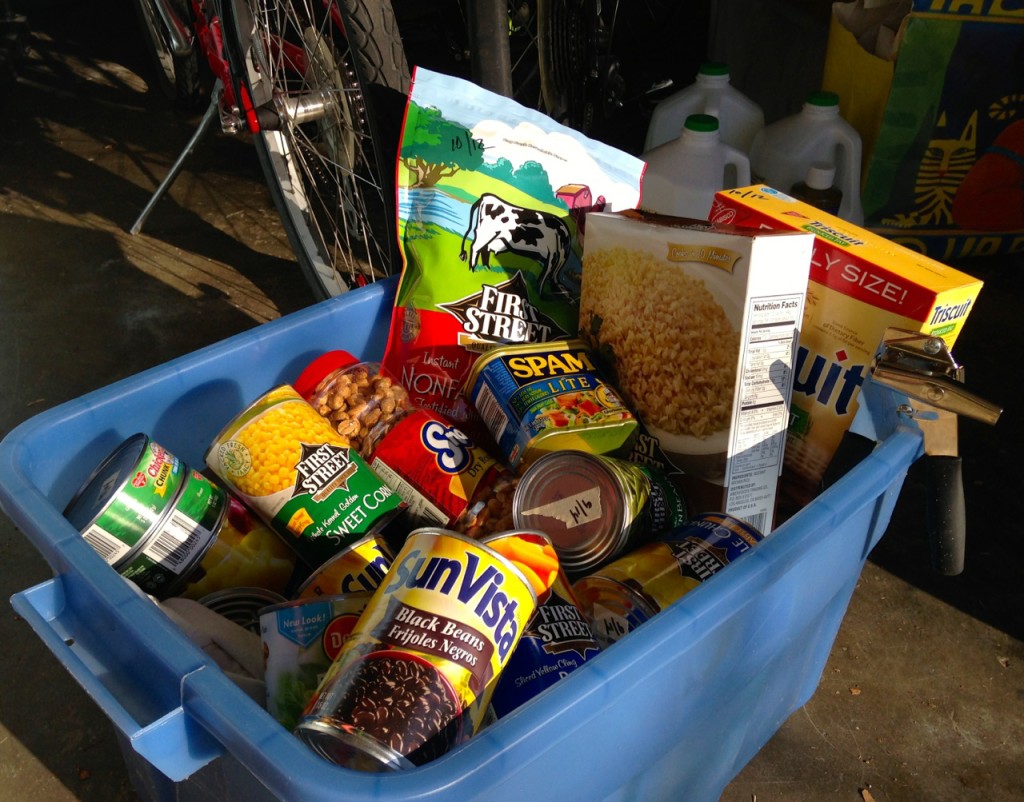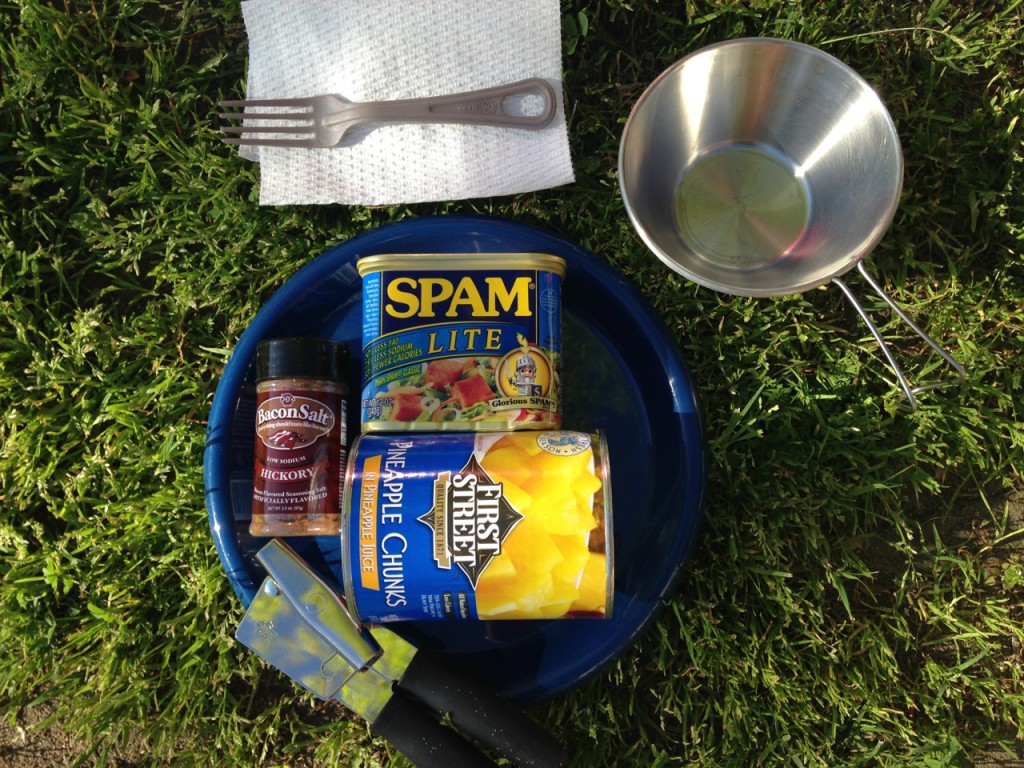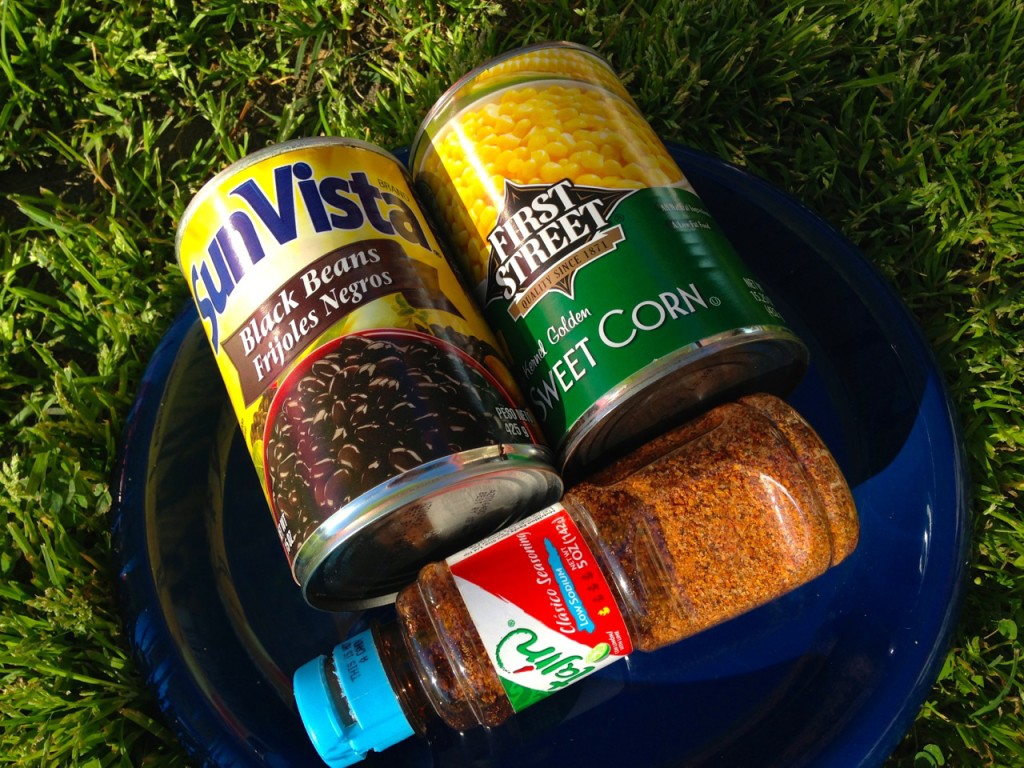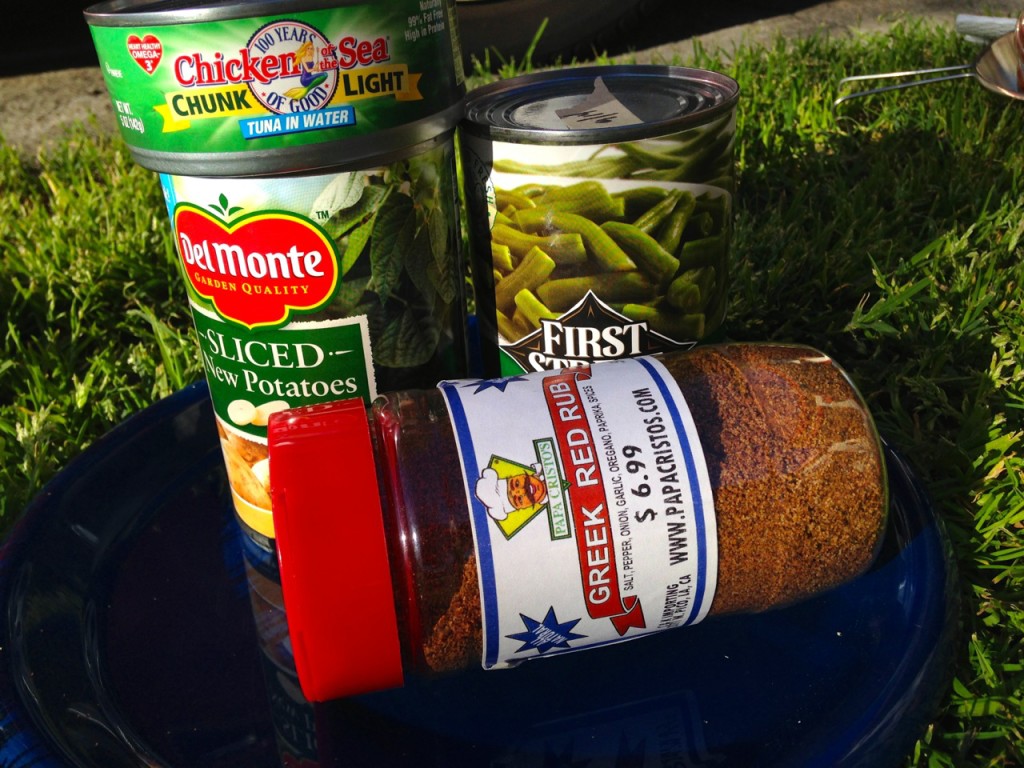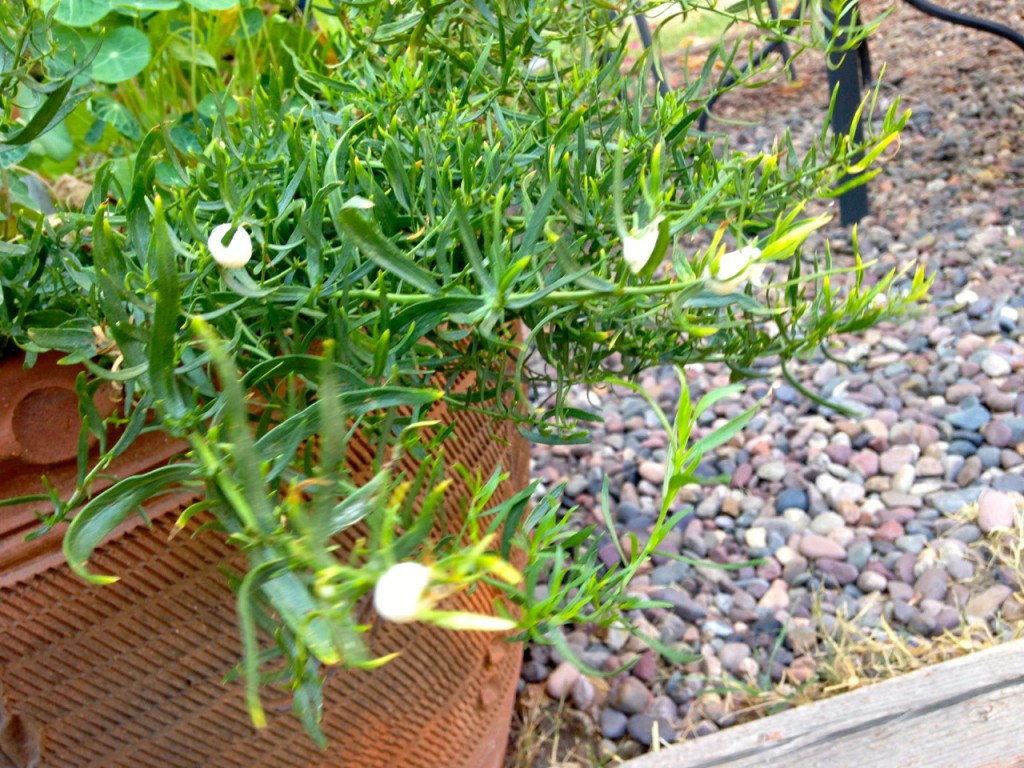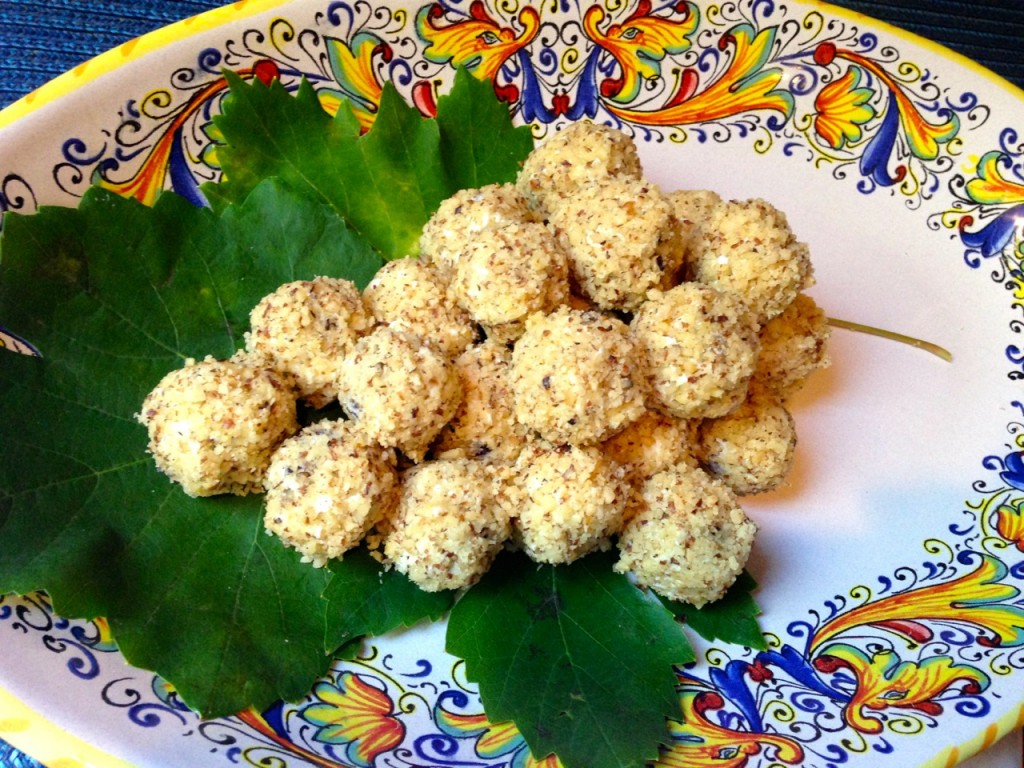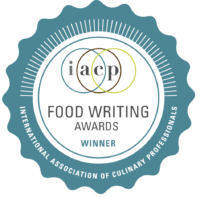My mother died on the Winter Solstice, for whatever you make of that, and we buried her two days before Christmas on a stunningly beautiful afternoon. Both Andy and I spent the rest of this winter being sick with one ailment and then another, prolonged and enhanced by the bone-depth of fatigue that accompanies grief. I frankly haven’t felt much like writing.
I spent December back home in Tennessee with her as she completed her journey on this earth, every day resisting the urge to go out and buy her a Christmas gift. In those final days she looked so much like her own mother that I caught myself twice calling her “Grandmother.”
Her death was not a surprise. Fourteen years of dementia had taken their toll, and I’d mourned each milestone in her decline. First it robbed her of her short-term memory, with her lapses alternating between frustrating and funny—until the first time she forgot my birthday. I cried as if I’d just been orphaned. Then it took away her capacity for sound judgment, which brought its own particular season in hell. Then it took her physical health. And then it took her life.
So it was not a shock when she was gone. What I felt instead was a deep, cavernous sense of loss, that this amazing person just wasn’t around any more. Even though it has been years since our last coherent conversation, I still expect her to call on Sunday afternoon. When we recently got rid of our landline, part of me couldn’t shake the feeling that she wouldn’t know to call my cell phone.
During a visit last spring I arrived at her assisted living facility at lunch. She was sitting at a table by herself, a mass of spaghetti clutched in her fist. She didn’t know what to do with it. The attendants were helping other residents, so I got a napkin, cleaned her hand, and then took up the fork and began to help her eat—the first time I’d ever fed my mother.
Feeding ourselves is so elemental that once we get the hang of operating a fork, a spoon, a pair of chopsticks or even just our fingers, we’re good to go for decades to come. But when this ability fails us, it’s clear that things are going downhill fast.
What was stranger than feeding her was the contents of her plate. The food choices were clearly not her own. She seldom made spaghetti and never ordered it in restaurants, for it wasn’t something she’d grown up with. On those rare occasions when she did make it, she always broke the noodles into small pieces that could be eaten in tidy bites. No fork rolling or slurping in our house. What I found in her hand that day looked like a strange knitting project gone awry.
Also on her plate were cooked carrots, another food that was as foreign to my childhood as it was to hers. (Instead, I ate enough raw carrot sticks in my youth to build a city of towering orange skyscrapers.) But I fed her cooked carrots that day, and ever so slowly she ate every bite.
My final trip back home to see her was precipitated by a phone call from my brother, who said, “She failed the swallow test.”
I almost laughed when he said it, for my mother was at the top of every class she ever took. She’d never failed a test in her life, not that this was one she could have studied for. But it signaled that the end was near.
* * *
In about nine months’ time there have been eight deaths among my friends and family. In deference to the privacy and feelings of their kin and ours, I won’t go into any particulars except to say that most were way too young, and they died in some terrible ways.
It seems like the sheer volume of tragedy around me recently has made it even more difficult to sort out my feelings, for how do you compartmentalize grief? How do you decide to cry for one person now and another one this afternoon or maybe tomorrow after breakfast?
I couldn’t figure this out the last time it happened either.
Almost 30 years ago, my father died in my arms of a heart attack. His passing was one of four close family members who died within just a few months’ time. What did I learn then? If anything, it’s that mourning has no finite rules or time length.
What has sustained me lately is this quote I found in an Iraqi cookbook:
“Sit at dinner tables as long as you can, and converse to your hearts’ desire, for these are the bonus times of your lives.”
I have fond memories of sitting around the table with all these people who have recently departed. Those are some of the best memories of all, for they recall times when we were at ease, and breaking bread together, sharing stories and relishing each other’s fine company.
Suspended in those golden moments, we were all immortal.

